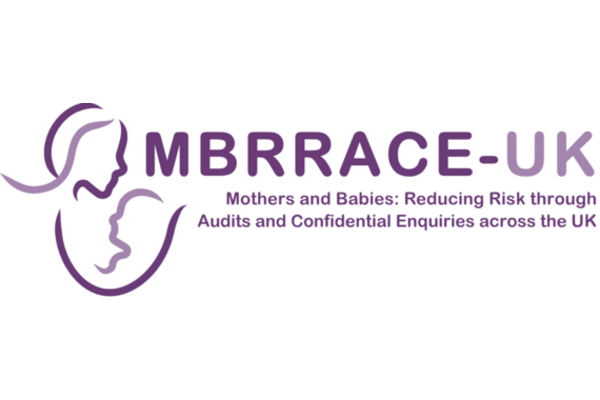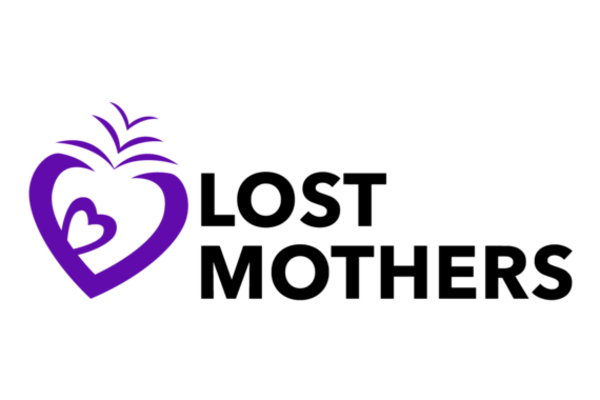Today MBRRACE-UK publishes its latest report on perinatal mortality rates in the UK. We’re glad to see a decrease in rates of stillbirth and neonatal mortality in this report, after a rise in 2021, although the rates are still higher than 2019 and 2020.
Despite this decrease, inequities linked to both deprivation and to ethnicity persist. The neonatal mortality rate for babies born to mothers in the most deprived areas is now twice that of babies born in the least deprived areas, and stands at its highest level since 2017. The data also shows continuing and significant intersections between ethnicity and deprivation.
As we all know, many of the factors contributing to these mortality figures lie outside the health arena, highlighting the need for cross-government commitments to address the social determinants of health. Nonetheless, there is also much to be done within our maternity and wider healthcare services.
The State of the Nation perinatal confidential enquiry report published alongside these figures spotlights the care of recent migrant women with language barriers, who experienced a stillbirth or neonatal death. It is a tough read. While we know how poor the experiences of women entering the UK can be, it is quite simply devastating to see that only 1 in 25 (4%) of the women considered in this review had ‘good’ care.
There has been no shortage of discussion around the need to improve interpreting services across healthcare, and in particular within maternity. This was a key topic at our own recent event reflecting on the MBRRACE-UK report on maternal deaths; and it was the focus of a recent major NHS event on community languages, intended to inform the development of a new national framework for action. The evidence published today shows how urgent that work is; 73% of contacts in women’s care took place with no documented professional interpretation, and 50% with no form of interpretation at all.
Access to care, and understanding of the system, was also shown to be low. Many women booked late, and a high number did not book at all. This must not be seen as a negative reflection on those women – but on a system which is failing to ensure they can find appropriate routes into care and are actively supported to do so. We welcome the recommendations made in today’s report around supporting women and families to navigate the system, including multiple routes via multiple services; and the provision of initial assessments for migrant women of childbearing age, which would support sexual and reproductive health provision more widely.
The voluntary sector can and does help women engage with health and care services, when we are funded to do so. Specialist services like ours, and those of our partners such as Happy Baby Community, can also help address the issues with coordination of care, and support follow ups and referrals.
However, if we don’t also reckon with another issue highlighted by MBRRACE today – the poor identification of, recording of, and response to social risk factors – efforts to improve access will be undermined and ineffective. Without coordinated and appropriately resourced action to improve understanding and engagement with complex social factors such as financial need and housing, we cannot expect to turn these deeply concerning trends around. Revision of the NICE CG110 guideline on pregnancy and complex social factors is long overdue, and will be critical in supporting an improved approach to women navigating pregnancy and early motherhood amidst severe disadvantage and inequity.





